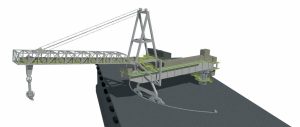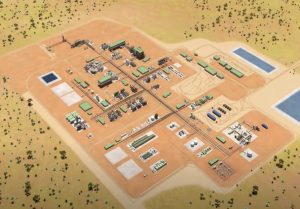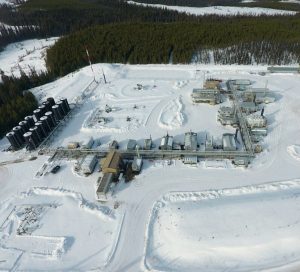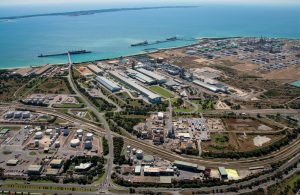
Middle East Sulphur Conference 2023
The 2023 Middle East Sulphur Conference (MEScon 2023) was the biggest sulphur event in the region to date with over 650 attendees representing 23 countries from across the sour gas and sulphur value chain. More than a conference, this annual event offers conversation, collaboration and community, with leaders and experts from across the industry sharing knowledge, best practice and predictions for the future of sulphur.







